Think Twice Before Using a Fake ID
Tuesday, September 20th, 2016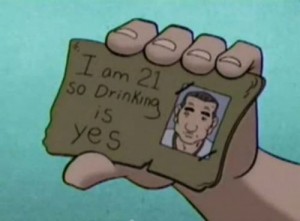 You may want to think twice before using a fake ID in New Hanover or Pender County from now on. Starting October 1, you will face more penalties in court if you are caught using a fake ID.
You may want to think twice before using a fake ID in New Hanover or Pender County from now on. Starting October 1, you will face more penalties in court if you are caught using a fake ID.
District Attorney Ben David announced some changes to the underage drinking deferred prosecution program dealing with fake ID’s to try to make things a little bit more serious. Today, the program includes a requirement where defendants have to go to New Hanover Regional Medical Center on a Friday night to be exposed to some of the trauma resulting from drinking and driving. They also are required to spend a couple of hours in DWI treatment court for educational purposes. In addition to these requirements, those who are charged with a fake ID offense after October 1st will have their license taken by the court for 60 days.
These changes are not only put in place to do things such as combat identity theft, but also to save lives. Statistics show that other states that also enforce these types of programs have seen a 7% reduction in fatal accidents. When put into perspective, that is equal to saving one young person’s life per week.
Some people under the age of 21 pay nearly $200 to order a fake ID online and are giving away crucial information to their identity such as their social security and license number. Not only do these things put them at risk for identity theft themselves, but it is very dangerous. These ID’s have become extremely difficult to spot in the recent years, but bars, restaurants, grocery stores, etc. are starting to crack down and become better at detecting fake ID’s.
We encourage all high school and college students in New Hanover, Pender, Brunswick, and surrounding counties to be safe and never purchase or use a fake ID. However, should you find yourself in trouble and need to hire a lawyer or know of someone who does, Collins Law Firm can help. Give us a call at 910-793-9000 for a confidential consultation.
By Kimberlin Murray, Legal Assistant

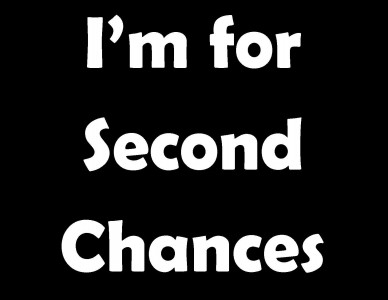 Generally, the fact that one was charged with a crime remains on their record regardless of the disposition of the charge, unless the charge gets expunged. An expungement in North Carolina is the eradication of one’s criminal record by court order. The effects of an expunction or expungement are outlined in N.C.G.S. § 15A-153 and include that upon expunction one may truthfully and without committing perjury or false statement deny or refuse to acknowledge that the criminal incident occurred.
Generally, the fact that one was charged with a crime remains on their record regardless of the disposition of the charge, unless the charge gets expunged. An expungement in North Carolina is the eradication of one’s criminal record by court order. The effects of an expunction or expungement are outlined in N.C.G.S. § 15A-153 and include that upon expunction one may truthfully and without committing perjury or false statement deny or refuse to acknowledge that the criminal incident occurred.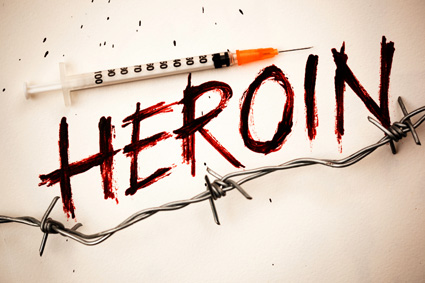 Heroin is a highly physiologically addictive narcotic derivative of morphine but has a higher potency than morphine. C.R. Alder Wright – an English chemistry and physics researcher in London – was the first to synthesize heroin in 1847. Heroin usually appears as a white or brown powder or as a black sticky substance, known as “black tar heroin.” The name Heroin stems from Bayer, the German Pharmaceutical Company. Bayer named the first diamorphine product Heroin and made its first fortunes in the late 1890s when it
Heroin is a highly physiologically addictive narcotic derivative of morphine but has a higher potency than morphine. C.R. Alder Wright – an English chemistry and physics researcher in London – was the first to synthesize heroin in 1847. Heroin usually appears as a white or brown powder or as a black sticky substance, known as “black tar heroin.” The name Heroin stems from Bayer, the German Pharmaceutical Company. Bayer named the first diamorphine product Heroin and made its first fortunes in the late 1890s when it 
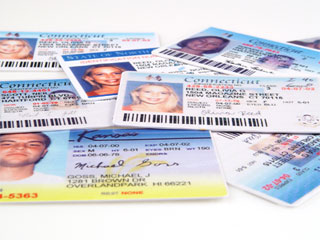 Southeastern North Carolina is an attractive area for young people to attend school either at UNCW or Cape Fear Community College. Of course, the same young people also enjoy to live, work, play, and party for which our beaches and downtown areas provide a wide array of opportunities. However, much of the nightlife requires patrons to be 21 years of age. For this reason, many youngsters either purchase fake IDs online or look to friends who are of age to use their IDs.
Southeastern North Carolina is an attractive area for young people to attend school either at UNCW or Cape Fear Community College. Of course, the same young people also enjoy to live, work, play, and party for which our beaches and downtown areas provide a wide array of opportunities. However, much of the nightlife requires patrons to be 21 years of age. For this reason, many youngsters either purchase fake IDs online or look to friends who are of age to use their IDs.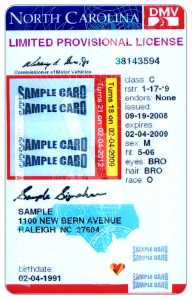

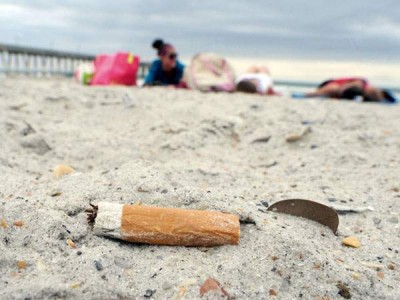
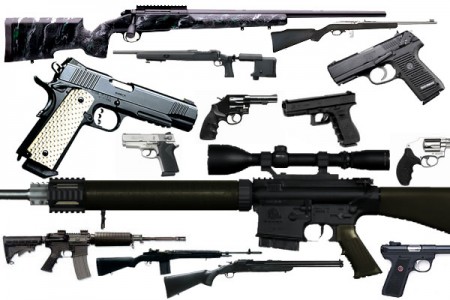
 In North Carolina, laws concerning the sale, possession, and consumption of alcoholic beverages are contained in N.C.G.S. Chapter 18B entitled “Regulation of Alcoholic Beverages.” (§§ 18B-100 – 18B-1308) and (§§ 18B-300 – 18B-399). Convictions for most violations of these provisions are subject to punishment for either a class one misdemeanor (punishable by a maximum of 120 days in jail) or a class two misdemeanor (punishable by a maximum of 60 days in jail). Further, a conviction for a violation of 18B-302(c), (e), or (f) will result in the person’s NC drivers license being revoked for one year. See N.C.G.S. § 20-17.3 entitled “Revocation for Underage Purchasers of Alcohol.”
In North Carolina, laws concerning the sale, possession, and consumption of alcoholic beverages are contained in N.C.G.S. Chapter 18B entitled “Regulation of Alcoholic Beverages.” (§§ 18B-100 – 18B-1308) and (§§ 18B-300 – 18B-399). Convictions for most violations of these provisions are subject to punishment for either a class one misdemeanor (punishable by a maximum of 120 days in jail) or a class two misdemeanor (punishable by a maximum of 60 days in jail). Further, a conviction for a violation of 18B-302(c), (e), or (f) will result in the person’s NC drivers license being revoked for one year. See N.C.G.S. § 20-17.3 entitled “Revocation for Underage Purchasers of Alcohol.”